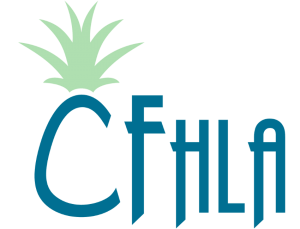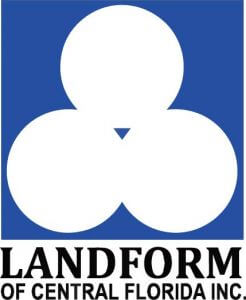The cost of labor, goods, and equipment continues to rise while margins continue to remain tight.
Florida merchants pay over $288 million annually in interchange fees on the sales taxes and bed
taxes they are required to collect. Credit card companies and banks should not be permitted to profit from merchants’ required performance of a public duty. Interchange fees should not be paid on sales taxes collected by Florida merchants.
Existing point-of-sale systems can be programmed to accommodate this change, and certain cards
are already capable of being processed in a manner that makes it clear which taxes are collected.
The legislation proposed in 2023 also allowed for a rebate to the merchant upon the submission of
appropriate tax records. This would not change the responsibility of the merchant to pay interchange
fees on the items and services they sell.
Interchange fees are being increased yet again, and more merchants are turning to surcharging as a means of absorbing this cost, which impacts consumers directly.
CFHLA supports prohibiting the collection of interchange on sales tax, which will provide relief to businesses and, in turn, provide relief to consumers.












